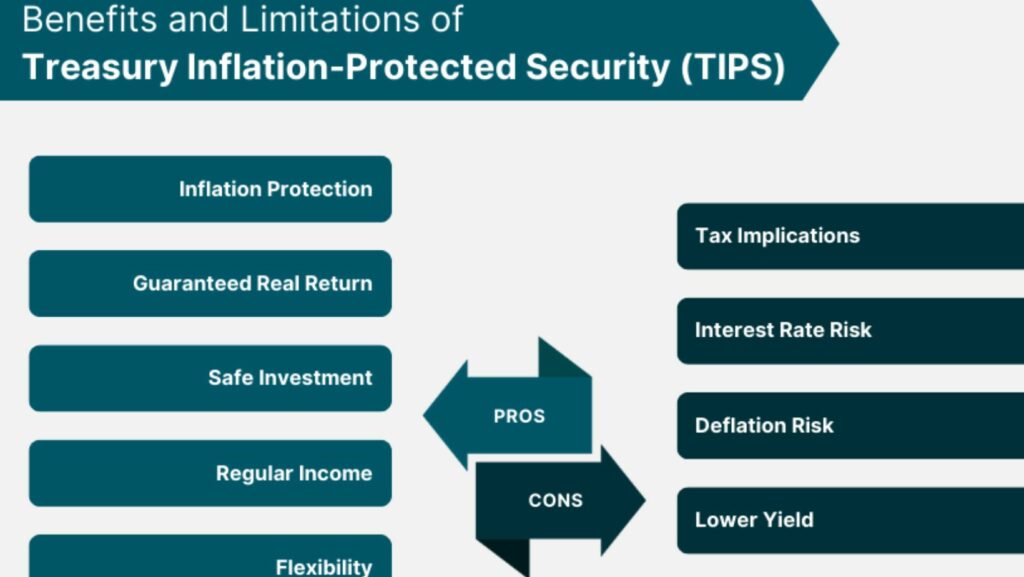The real estate industry is no stranger to change, but in recent years, the adoption of artificial intelligence (AI) has accelerated its transformation. From improving customer interactions to optimizing internal processes, AI is revolutionizing how real estate professionals operate. In this article, we will explore the key ways AI is reshaping the real estate sector, with a particular focus on AI-generated videos, AI apps, and video apps.
1. AI-Driven Property Listings and Recommendations
One of the most visible impacts of AI in real estate is in property listings and recommendations. AI algorithms analyze vast amounts of data to help real estate agents match clients with properties based on their preferences and behavior. AI can evaluate client interests, such as location, price range, and amenities, then provide personalized suggestions.
Incorporating AI tools in real estate also helps streamline the property search process. Algorithms track user behavior, understanding what potential buyers are looking for and delivering better search results tailored to their needs.
AI-Generated Videos in Property Listings
An essential advancement in this area is the use of AI generated videos to present property listings. These videos offer a dynamic and engaging way to showcase homes, allowing potential buyers to experience properties virtually. With AI tools, real estate professionals can turn property details into professionally designed videos without the need for a camera crew or extensive editing.
By automating video creation, real estate agents can focus on enhancing client relationships while AI handles the technical side. This not only saves time but also provides clients with personalized video tours that give them a clear understanding of the properties on offer.
2. AI Enhancing Customer Experience and Communication
AI chatbots and virtual assistants are becoming an integral part of real estate customer service. These AI-driven systems are designed to assist potential buyers and renters in real time by answering common questions, providing property information, and even scheduling viewings.
AI can improve the customer experience by providing immediate responses to inquiries, eliminating the need for agents to be available 24/7. These AI tools can process and filter leads, ensuring that serious buyers get priority and reducing the workload on real estate agents.
Moreover, AI can help agents stay connected with clients by sending automated follow-ups or reminders based on user interactions with a website or app.
AI Apps for Streamlined Communication
Mobile AI apps offer powerful communication and organizational tools for real estate professionals. These apps use AI to help agents manage multiple tasks, such as setting up client meetings, sending notifications, and even analyzing customer data to predict their preferences. With the rise of AI apps, real estate agents can now manage client relationships and property listings more efficiently, creating a smoother experience for both buyers and sellers.
3. AI in Property Valuation and Market Predictions
Real estate valuation traditionally requires time-consuming manual research. AI algorithms, however, can assess the value of properties quickly by analyzing historical sales data, market trends, and comparable property prices. This not only speeds up the valuation process but also provides more accurate estimates, helping both buyers and sellers make informed decisions.

AI’s predictive capabilities are also useful in forecasting real estate market trends. By analyzing big data, AI can help identify areas with high growth potential, enabling investors and developers to make better decisions about where to focus their efforts.
4. AI-Generated Marketing Content and Virtual Tours
Marketing is crucial in real estate, and AI is now playing a major role in creating personalized content to attract potential buyers. AI-generated videos, in particular, are becoming a go-to solution for real estate agents who want to showcase properties more effectively. These videos can be used across various marketing channels, such as social media, websites, and email campaigns, helping to generate interest and increase property views.
The Power of AI-Generated Videos
AI-generated videos have revolutionized how properties are marketed. They automate the video creation process, combining property descriptions, images, and footage to create engaging promotional content. AI-generated videos are not only cost-effective but also allow for faster content production, which is crucial in competitive real estate markets.
For example, real estate professionals can use AI video generator tools to create virtual property tours, offering potential buyers a 360-degree view of the property from the comfort of their own homes. This capability has become especially important in a post-pandemic world where remote property viewings are more common.
5. Video Apps and Their Role in Real Estate Marketing
In addition to AI-generated videos, video apps have emerged as a powerful tool in real estate marketing. These apps make it easier for real estate professionals to create videos on the go, using just their smartphones. Video apps offer a variety of features such as templates, stock footage, and video editing tools, allowing users to produce high-quality video content without needing technical expertise.

Real estate agents can use video apps to create quick virtual tours, property highlights, or market updates, and share them across their social media channels. This helps increase engagement with potential buyers, particularly those who prefer video content over traditional text and image-based listings.
6. AI for Smart Property Management
AI is also making waves in property management. Smart buildings equipped with AI systems can automate various functions, such as temperature control, lighting, and security. Property managers can use AI to monitor the condition of their properties in real-time, predict when maintenance is required, and even optimize energy usage.
Additionally, AI can help property managers keep track of tenant satisfaction by analyzing feedback, identifying potential issues, and automatically scheduling follow-up actions. By incorporating AI into property management, real estate professionals can improve efficiency, reduce costs, and create a better experience for tenants.
Conclusion: The Future of AI in Real Estate
AI is fundamentally transforming the real estate industry, from streamlining customer interactions to enhancing marketing efforts. With tools like AI-generated videos and video apps, real estate professionals can create personalized, engaging content that resonates with buyers. Meanwhile, AI apps are helping agents and property managers automate processes, predict market trends, and make better decisions.
As AI continues to advance, its role in real estate will only grow, offering more opportunities for efficiency and innovation. The future of real estate is not just about bricks and mortar—it’s about leveraging AI to deliver smarter, faster, and more personalized services to clients.



